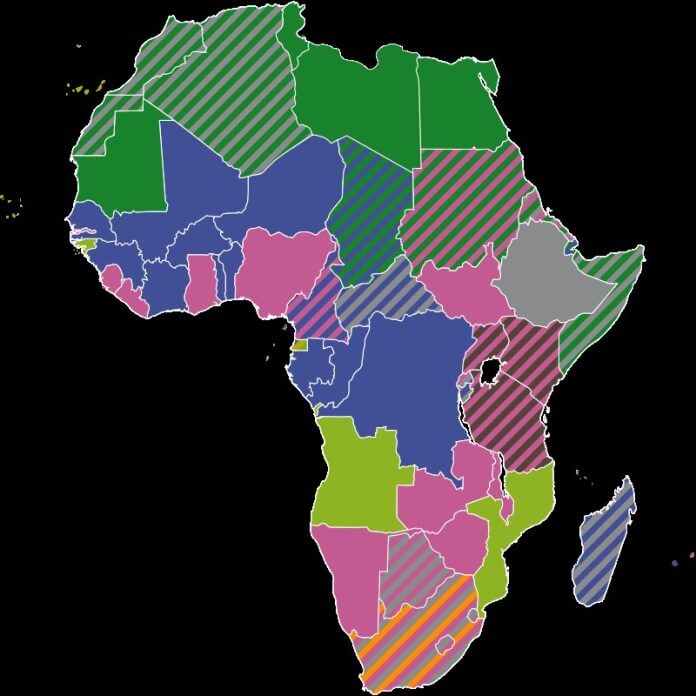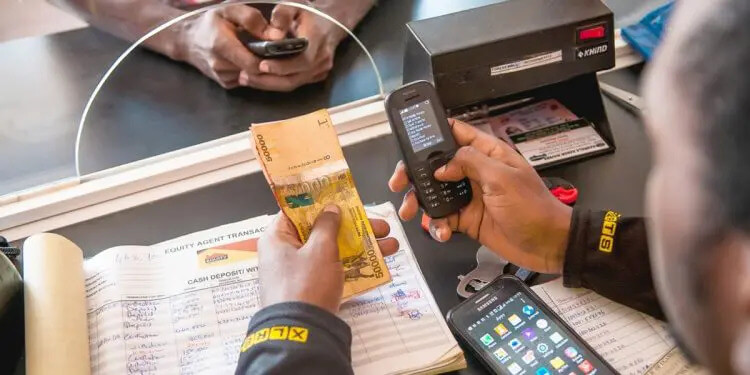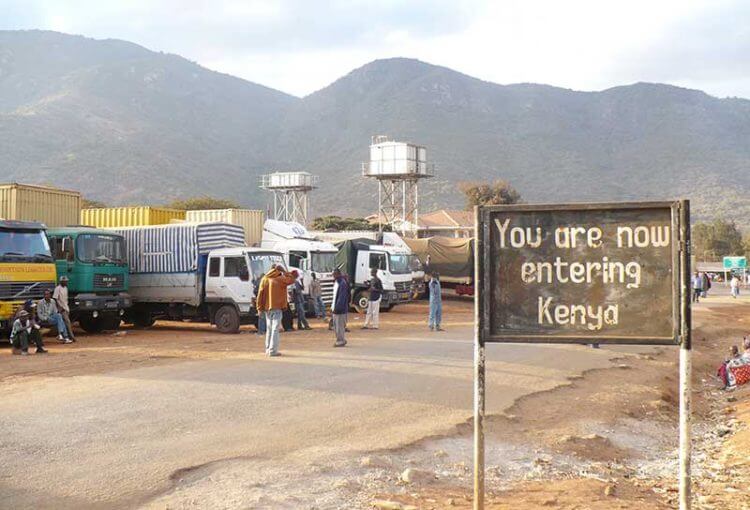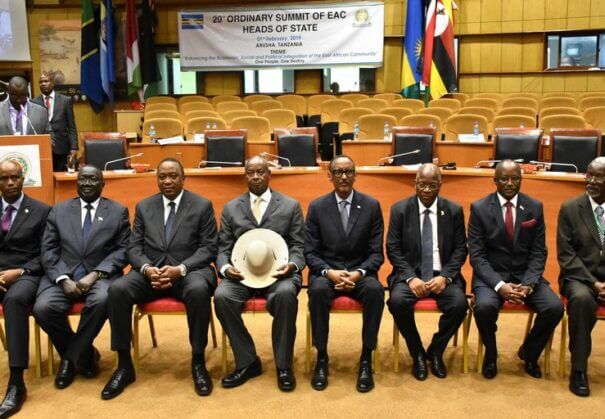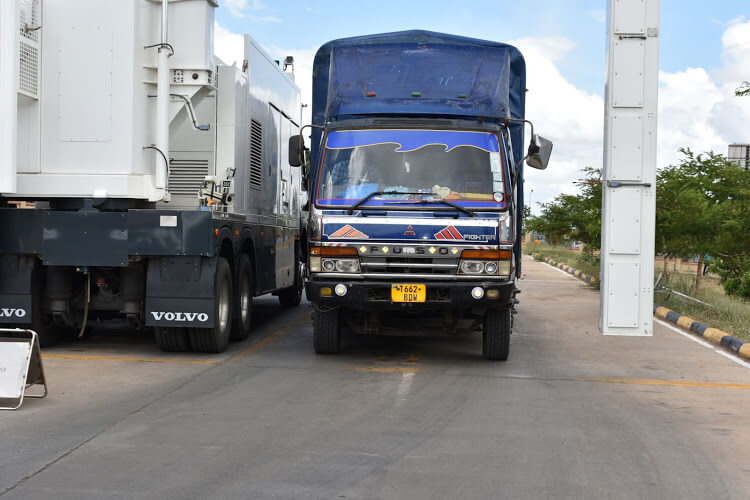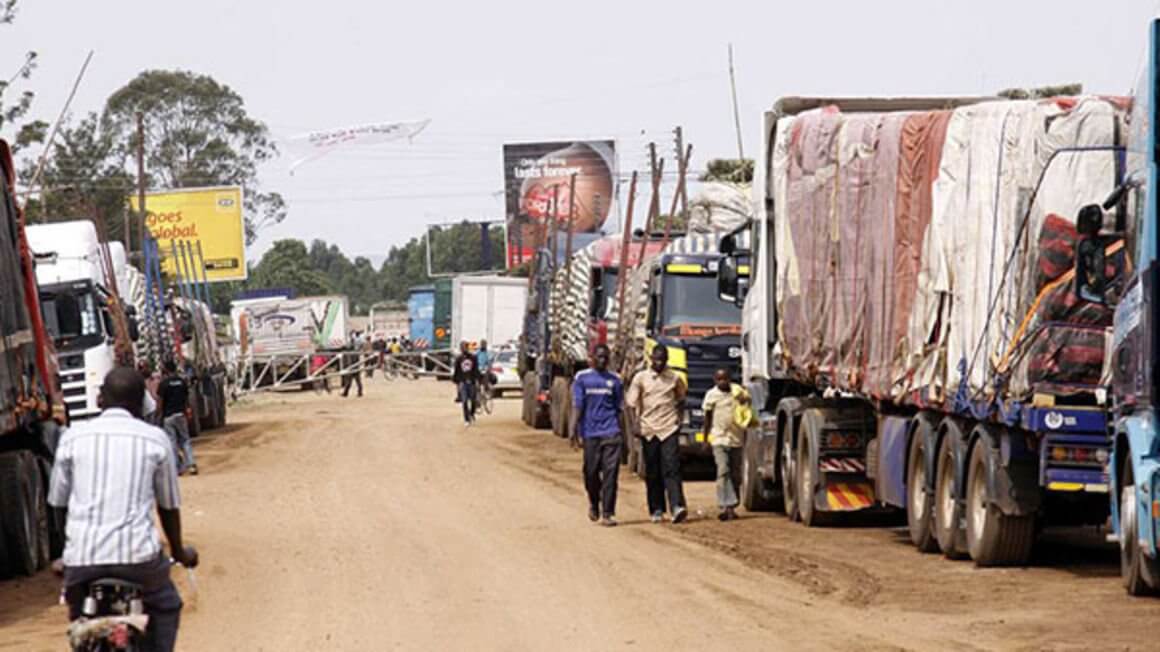Representatives from the eight-member East Africa bloc are set to meet in the Kenyan capital Nairobi next week to assess the development for the regional infrastructure master plan due in December, the bloc said on Sunday. The two-day meeting organized by the Inter-Governmental Authority on Development (IGAD) economic cooperation and social development division will seek to educate and inform stakeholders of way projects will be designed in an environmentally and socially acceptable manner with the necessary mitigation measures. The meeting will be attended by over 50 participants drawn from environmental and social issues connected NGOs and non-state actors from Eritrea, Ethiopia, Djibouti, Kenya, Somalia, South Sudan, Sudan and Uganda. Analysts say infrastructure development initiatives need to adhere to the right codes of environmental and social developmental requirements, espousing the motto of sustainable development. The regional infrastructure master plan is aimed at enhancing regional economic integration through trade, free movement of goods and persons and poverty reduction amongst IGAD Member States. The master plan is covering the regional sub-sectors of transport, ICT, energy and trans-boundary water resources. Read original article
East Africa bloc seeks to develop regional infrastructure master plan
Posted on: November 3, 2020
Posted on: November 3, 2020

